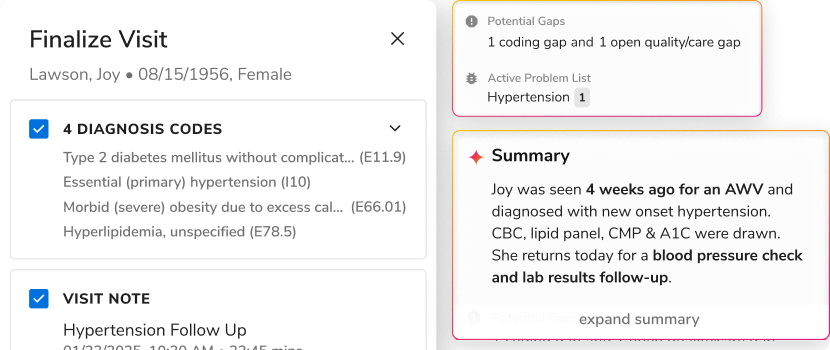Investing in the Future of Nephrology and Value-Based Care


The changing landscape of healthcare, shaped by CMS (Centers for Medicare and Medicaid Services) and payers, emphasizes the economic aspect of medicine more and more.
The introduction of shared savings, upside potential, and downside risk has motivated physician and hospital-based organizations to embrace value-based care. However, applying similar economic incentives to specialty care as in primary care presents unique challenges.
Specialists, who receive considerably higher pay, need different economic drivers to align their behavior with value-based care goals. The current financial incentives offered to primary care providers, while substantial, don't effectively motivate specialists.
In nephrology, using the power of value-based care isn't merely a strategic choice—it's a transformative journey with a range of impacts. In this shift to VBC, Chronic Kidney Disease (CKD), which affects 37 million people in the US requires better alignment with the Medicare reimbursement model.
By adopting a patient-centric approach and using technology and data-driven insights, nephrologists can drive positive outcomes, lessen financial burdens, and empower patients and providers to improve this specialty’s care and outcomes.

.png)





.png)




.svg)
.svg)